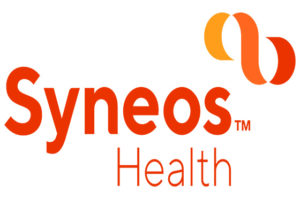Is There a Correlation Between Egg Consumption and Increased Cholesterol Levels?

In one study published in the European Journal of Nutrition, increased dietary cholesterol was not shown to increase LDL cholesterol levels when accompanied by an energy-restricted diet and weight loss. The study consisted of 2 groups. One group was to exclude eggs from the diet and the other group was to consume 2 eggs a day. Both groups consumed fewer calories than usual to promote weight loss. Both groups showed significant weight loss and both the egg-fed and non-egg-fed groups showed decreased LDL levels. In summary, the study showed that when losing weight, consuming 2 eggs daily does not increase cholesterol levels.
In another study conducted at Mahidol University in Bangkok, sixty hyperlipidemic subjects, with an average age of 61 years old, who had been put on drugs to lower their lipid levels, consumed 3 added eggs daily to their diet. The results of the study included increased HDL cholesterol and a decreased LDL-cholesterol to HDL-cholesterol ratio.
A 12 week study conducted at the University of Connecticut showed an increased HDL level. The study consisted of dividing the participating the subjects into 2 groups. Although both groups were on carbohydrate-restricted diets, one group consumed 3 whole eggs a day while the other group consumed an equivalent amount of egg substitute. After the 12 weeks, subjects consuming whole eggs showed an increase of HDL cholesterol from 50 mg/dL to 59 mg/dL while showing no change in LDL levels.
Another 12 week study was performed at the University of Connecticut. The subjects were all diagnosed with metabolic disorders. They all consumed 3 eggs a day and by the end of the 12 week period only 3 subjects had the classification of the metabolic disorder. Eighteen subjects were classified with a metabolic disorder at the beginning of the study. In conclusion, the study suggests that including eggs in one’s diet may decrease risk factors associated with metabolic disorders.
An interesting case study published in the New England Journal of Medicine on a man who consumed approximately 25 eggs daily showed very healthy cholesterol levels.
As shown by all the numerous studies conducted, consuming eggs does not raise cholesterol levels. Factors that have been shown to raise cholesterol levels include obesity, saturated fat, smoking, and a sedentary lifestyle.
In summary, eggs raise HDL (“good”) cholesterol and lower the LDL-cholesterol to HDL-cholesterol ratio. Eggs contain a ton of vitamins and are a great source of protein and are an excellent addition to a healthy diet.
